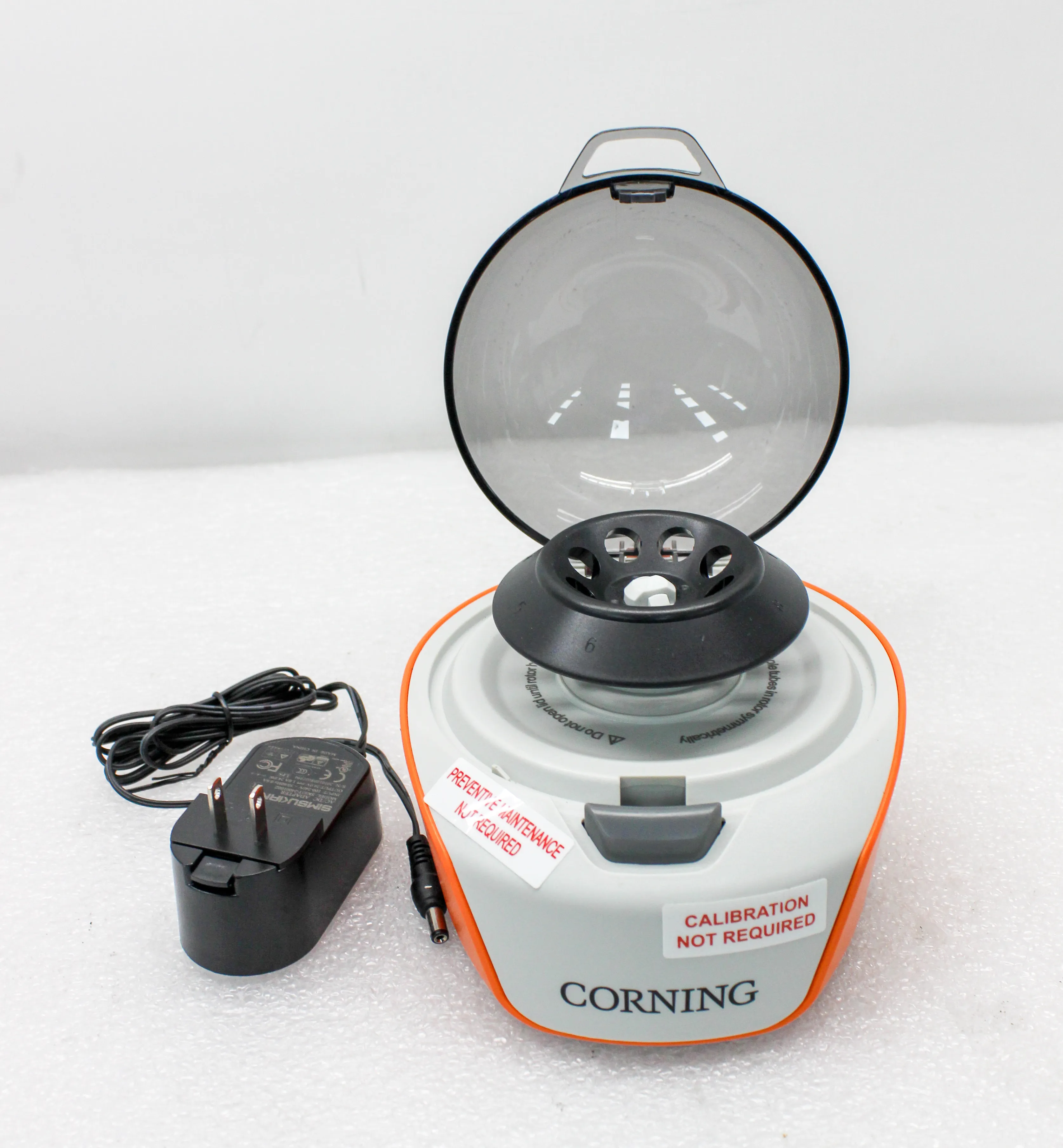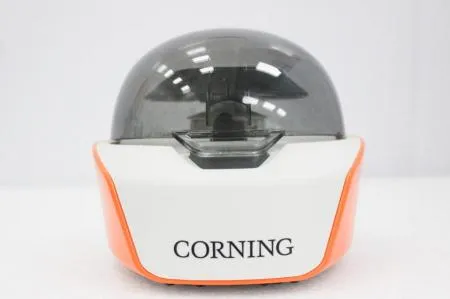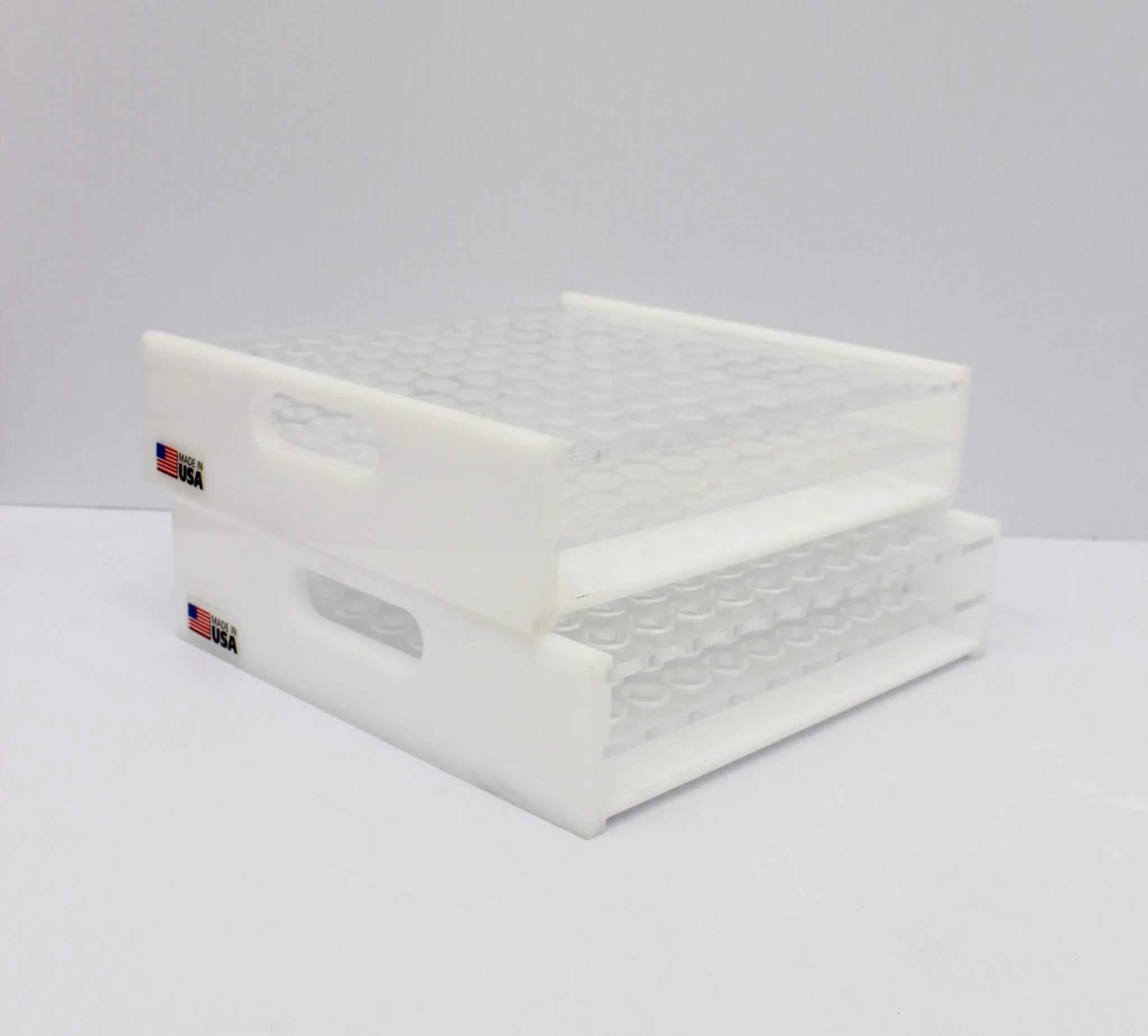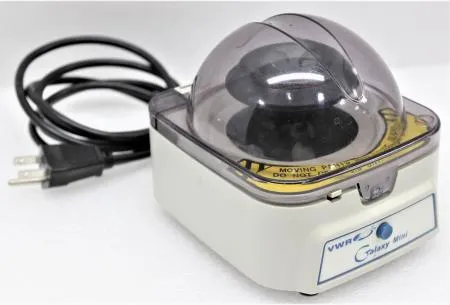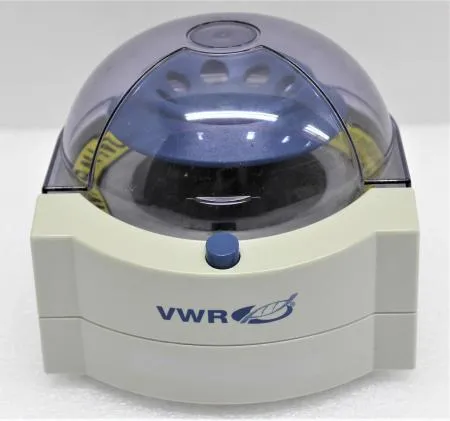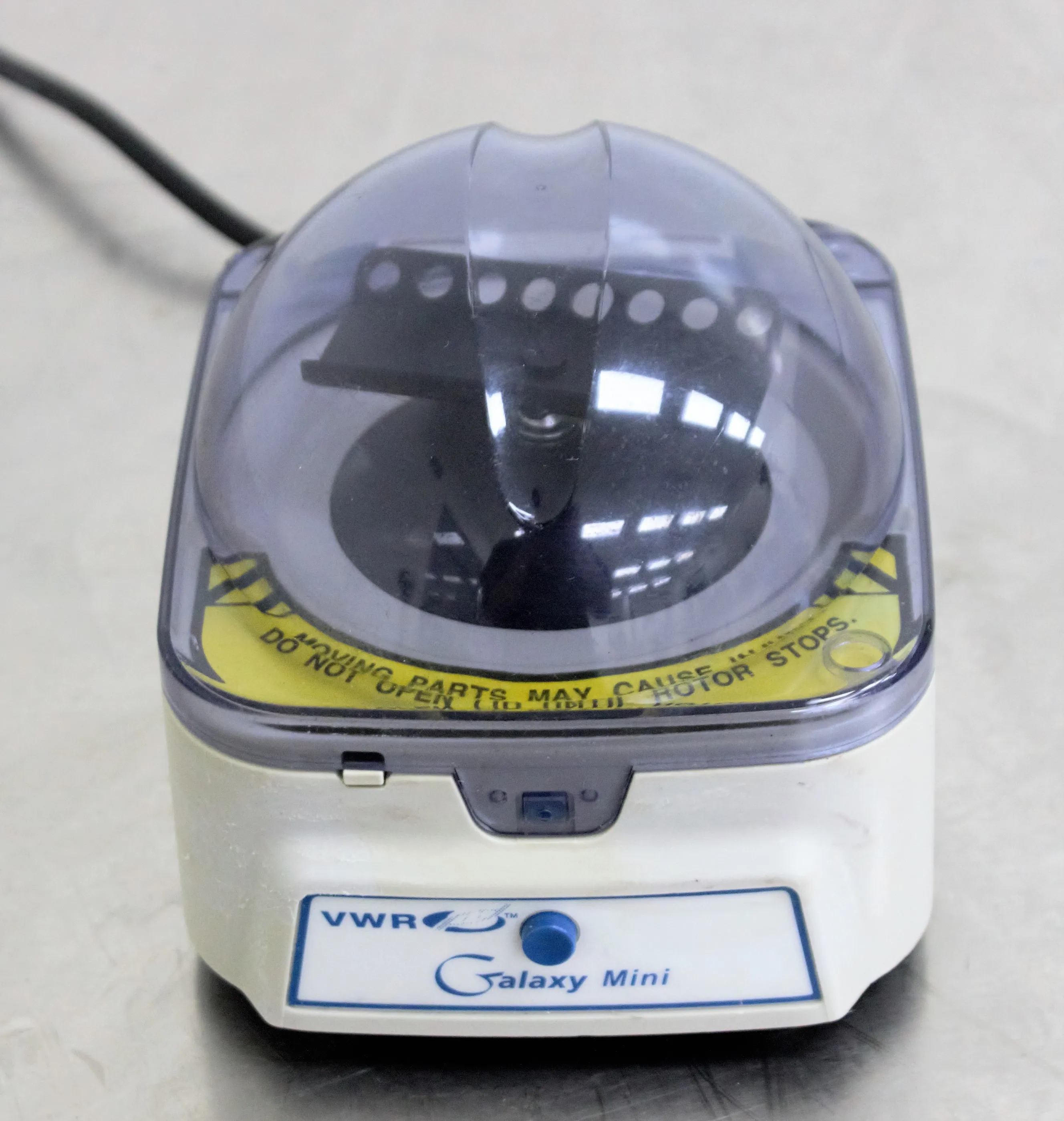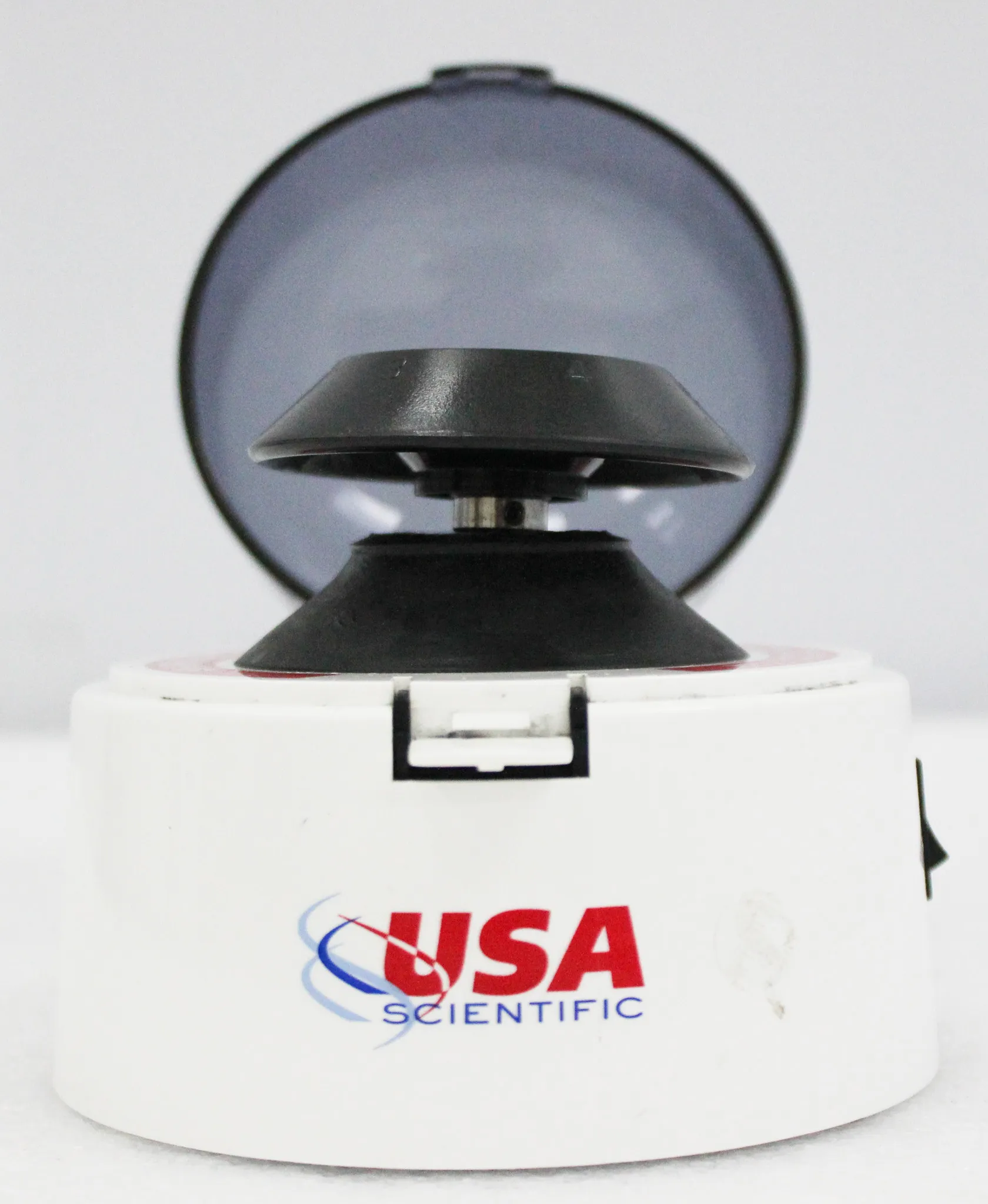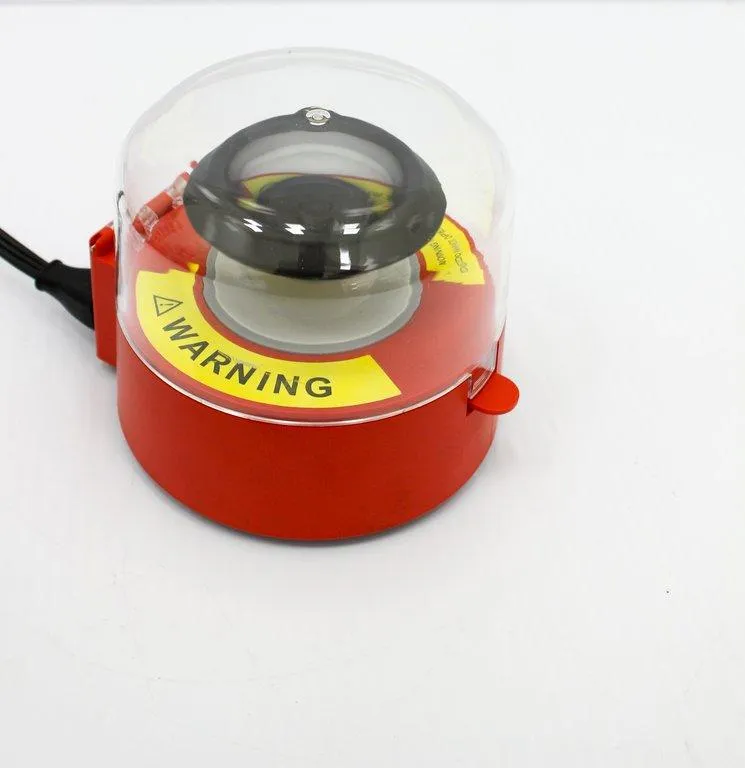Upgrade your lab with Microcentrifuges for efficient sample processing. Discover precision and reliability in our selection. Find the perfect fit for your research needs!
Microcentrifuge
Price Filter
$1.00 - $6,475.00Product Region
Product Condition
Product Warranty
Browse By Category
Question & Answers For:
Microcentrifuge
Past Questions, Helpful Answers.
What is a microcentrifuge used for?
A microcentrifuge is used in laboratories to spin small liquid samples at high speeds, separating substances based on density. It is commonly used in molecular biology, biochemistry, and clinical labs.
What types of samples can be processed in a microcentrifuge?
Microcentrifuges are ideal for small volumes of liquid samples, such as DNA, RNA, proteins, cell lysates, or other biochemical substances.
Are microcentrifuges compatible with standard lab tubes?
Yes, most microcentrifuges are compatible with standard microcentrifuge tubes ranging from 0.2 mL to 2 mL. Check your specific model for tube compatibility.
What is the typical speed range of a microcentrifuge?
Microcentrifuges typically operate at speeds between 6,000 to 15,000 RPM, depending on the model. This ensures efficient separation for most lab applications.
Is it safe to use a microcentrifuge with volatile samples?
Microcentrifuges are generally safe, but it is important to use properly sealed tubes to prevent leaks or spills when processing volatile or hazardous materials.
Can this equipment handle temperature-sensitive samples?
Some microcentrifuges come with refrigeration or temperature control options to protect temperature-sensitive samples. Ensure your selection includes this feature if needed.
How do I maintain a microcentrifuge for long-term use?
Maintenance involves regular cleaning, balancing the rotor before use, and checking for wear on the rotor and lid seal. Following the manufacturer’s guidelines is crucial.
Does the microcentrifuge require any specific power supply?
Microcentrifuges generally run on standard electrical supplies, but ensure the voltage matches your region’s specifications before use.
How noisy is a microcentrifuge during operation?
Modern microcentrifuges are designed to minimize noise, but the level depends on the specific model. Generally, they produce a moderate hum during operation.
Can I use the microcentrifuge for clinical samples?
Yes, microcentrifuges are suitable for clinical and diagnostic applications, provided they are used with approved and sterile accessories for handling biological samples.
